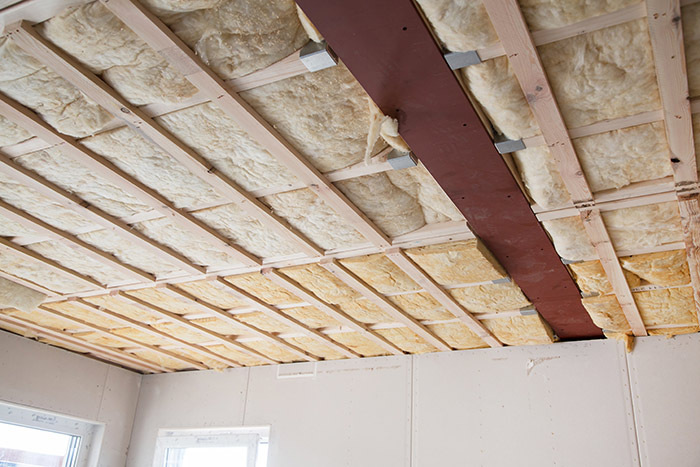
Call Us Today!
508-488-9999
Home Blown-in Insulation & Gutter Solutions
15 March 2024

When it comes to insulating your home or building, understanding the concept of R-value is crucial. R-value is a measure of a material's thermal resistance, indicating how well it can resist the flow of heat. In this blog post, we'll delve into the significance of R-value in insulation and how blanket insulation materials measure up in terms of thermal resistance.
R-value, or thermal resistance, is a numerical representation of a material's ability to resist heat transfer. The higher the R-value, the better the insulation's thermal performance. R-value is influenced by factors such as material type, thickness, density, and installation quality.
Efficient insulation is essential for maintaining comfortable indoor temperatures, reducing energy consumption, and lowering utility bills. R-value plays a pivotal role in determining the effectiveness of insulation in controlling heat flow through walls, ceilings, floors, and other building components.
Blanket insulation, also known as batt or roll insulation, is a flexible insulation material typically made from fiberglass, mineral wool, or natural fibers such as cotton or wool. These materials are manufactured in rolls or batts of varying thicknesses to fit between wall studs, floor joists, and ceiling rafters.
Insulation R-value is a critical factor to consider when selecting insulation for your home or building. Blanket insulation provides effective thermal resistance to enhance energy efficiency and indoor comfort. By understanding the concept of R-value and the characteristics of different insulation materials, you can make informed decisions to optimize insulation performance and reduce energy costs. Contact Custom Insulation Company for your blanket insulation needs.